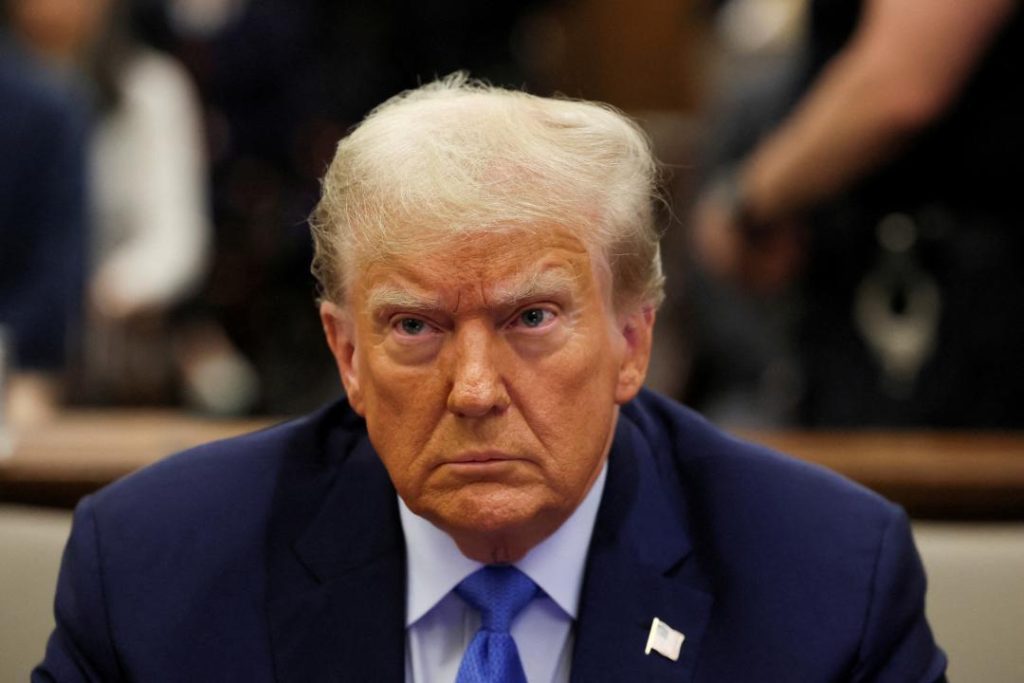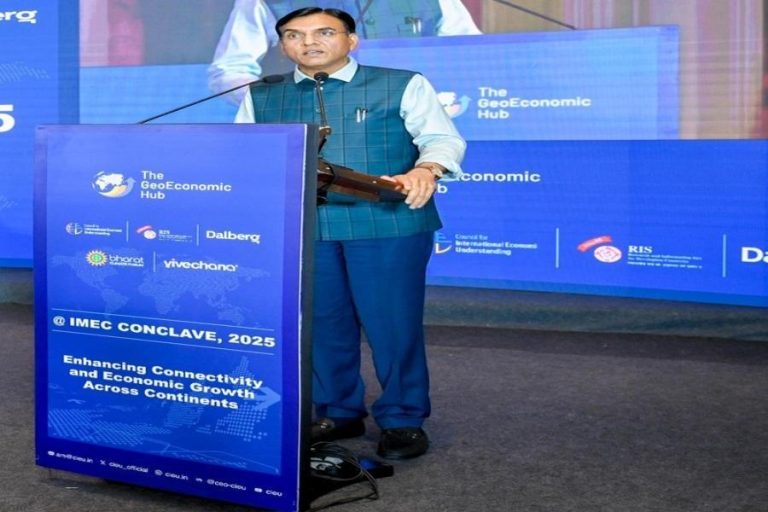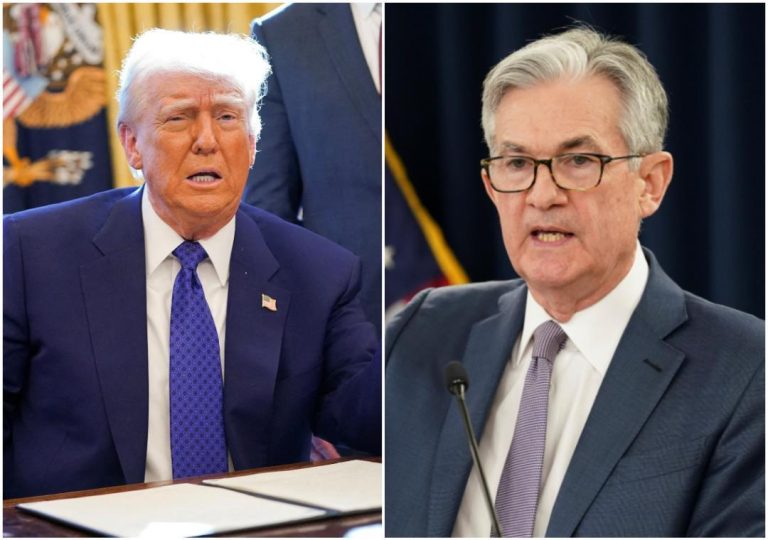
Poorest Nation Lesotho Faces 50% Tariff; “Cruel”: Boloor on Tariffs
The ongoing trade war between the United States and other countries has taken a toll on the global economy, with many nations struggling to cope with the impact of tariffs. Recently, an American investment specialist, Shay Boloor, wrote an open letter to US President Donald Trump, criticizing the reciprocal tariffs imposed by the administration. In the letter, Boloor expressed his dismay at the Trump administration’s approach to tariffs, calling it “whiplash” rather than a move towards detox.
Boloor’s letter has gone viral, with many agreeing with his sentiment that the tariffs are not only harming the US economy but also targeting poor and developing countries unfairly. One such country that has been severely affected by the tariffs is Lesotho, one of the poorest countries in the world.
Lesotho, a small kingdom nestled in the mountains of southern Africa, has been hit hard by the 50% tariff imposed by the Trump administration on its goods. The country, which relies heavily on textile and garment exports to the US, has seen its exports decline significantly since the tariffs were introduced.
According to Boloor, the tariffs are not only harming Lesotho’s economy but also punishing poor and developing countries unfairly. “What you’ve rolled out isn’t detox…it’s whiplash,” he wrote in his letter to Trump. “And the irony is – we’re not even punishing bad actors. We’re punishing…allies [and]…poor countries.”
Lesotho’s economy is heavily reliant on remittances from its citizens working in South Africa, and the country is struggling to cope with the impact of the tariffs. The country’s Prime Minister, Thomas Thabane, has called on the international community to intervene and help Lesotho overcome the challenges posed by the tariffs.
Boloor’s letter has sparked a heated debate on the impact of tariffs on developing countries. Many have argued that the tariffs are not only harming the economies of poor countries but also undermining global trade and economic stability.
In his letter, Boloor also criticized the Trump administration’s approach to trade, saying that it is based on a flawed understanding of trade and economics. “We’re not even trying to create a level playing field,” he wrote. “We’re just trying to create a playing field that’s tilted in our favor, no matter who gets hurt.”
The debate over tariffs has been ongoing for months, with many experts warning of the risks of a global trade war. The Trump administration has imposed tariffs on over $360 billion worth of Chinese goods, and China has retaliated with tariffs on over $110 billion worth of US goods.
The impact of the tariffs has been felt across the globe, with many countries struggling to cope with the increased costs and uncertainty. The World Trade Organization (WTO) has warned that the tariffs could lead to a global trade war, which could have devastating consequences for the global economy.
In Lesotho, the impact of the tariffs has been severe. The country’s textile and garment industry, which is a major employer, has been hit hard by the decline in exports. Many factories have been forced to close, leaving thousands of workers without jobs.
The Lesotho government has called on the international community to intervene and help the country overcome the challenges posed by the tariffs. The country’s Prime Minister, Thomas Thabane, has said that Lesotho is willing to work with other countries to find a solution to the tariff dispute.
In conclusion, the imposition of tariffs on Lesotho and other poor countries is a cruel move that is harming the global economy and undermining trade and economic stability. As Boloor’s letter has highlighted, the tariffs are not only harming the economies of poor countries but also punishing innocent people and undermining global trade.
It is essential that the international community comes together to find a solution to the tariff dispute and to ensure that the global economy is not harmed by the actions of a few powerful nations. Lesotho, one of the poorest countries in the world, is a prime example of the devastating impact of the tariffs, and it is essential that we work together to find a solution to this crisis.



